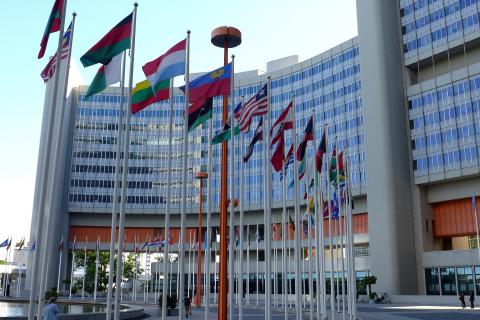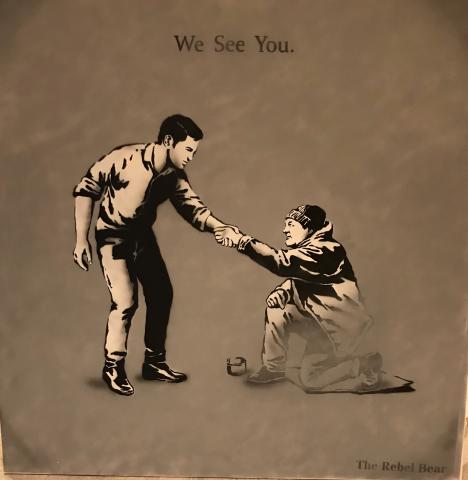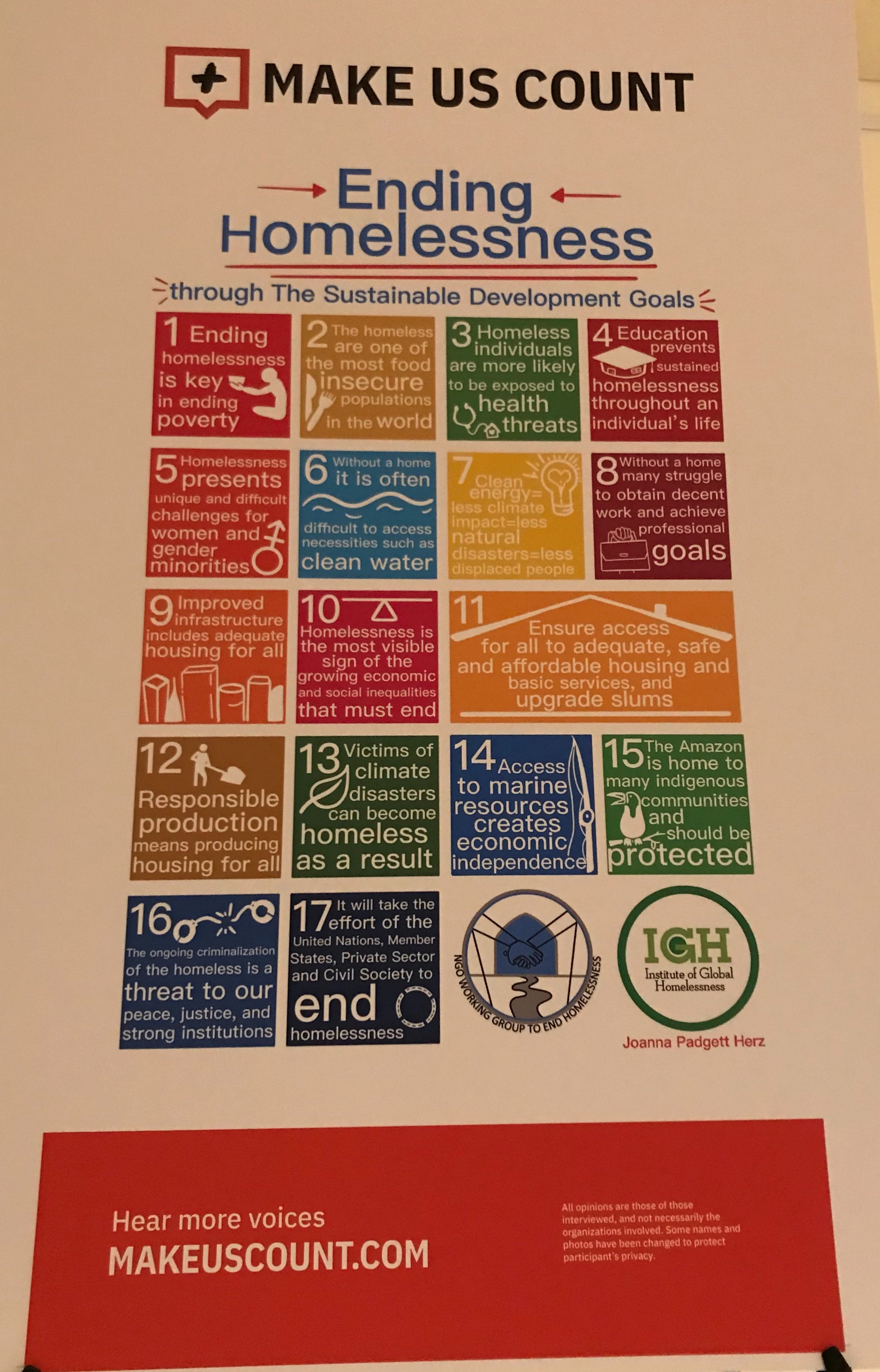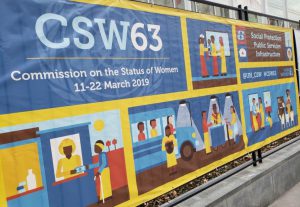Calls for Action at the UN General Assembly

The United Nations General Assembly met in September, focusing on sustainable development goals and climate change. This article appeared in the November-December 2019 issue of NewsNotes.
The 74th Session of the United Nations General Assembly occurred September 23-27, bringing together representatives from member countries to discuss the issues of poverty reduction, inequality, violent conflict, and the climate emergency, among others. Meetings of officials included one on universal health coverage, the UN Climate Action Summit, and the Sustainable Development Goals (SDGs) Summit. Member states reviewed previous agreements and took stock of their nations’ progress in addressing these issues, noting successful strategies and identifying gaps.
Although the discussions allowed for some optimism, the data presented on SDGs demonstrates that states are lagging in the implementation of these development goals set for 2030. Likewise, at the Climate Action Summit, it was clear that states are far behind in implementing their goals to reduce emissions in order to keep the global temperature rise to below 1.5 degrees Celsius, the goal set in the Paris climate agreement in order to limit the worst effects of climate change. Sr. Marvie Misolas, MM, who represents the Maryknoll Sisters at the UN in New York, noticed the limited space for non-governmental and civil society participation in the summits, which she believes speaks to the continuing decline in their ability to participate in high-level UN gatherings. She also noted that the private sector continues to team up with governments to help implement the SDGs.
For the first time, a landmark agreement was reached at the September 23rd High-Level Meeting on Health Care in which world leaders pledged to help all people gain access to health services. Dr. Tedros Adhanom Ghebreyesus, Director-General at World Health Organization (WHO) said, “The world has 11 years left to make good on its sustainable development goals. Universal health coverage is key to ensuring that happens.” The WHO and eleven organizations will launch a Global Action Plan for health and wellbeing for all. The plan seeks to provide more streamlined support to countries to help deliver universal health coverage and achieve the health-related SDG targets. The Bill and Melinda Gates Foundation welcomed the decision, stating, “Universal health coverage is a political choice: today world leaders have signaled their readiness to make that choice.”
Youth played a big part in the Climate Summits. On September 21, the UN Secretary General António Guterres held a forum with young climate activists and listened to the voices of youth representatives from various countries. Greta Thunberg, a 16-year old Swedish climate activist, spoke strongly to heads of states about their failure to act on the climate crisis and protect the future of youth. “The eyes of all future generations are upon you,” she told them. “If you choose to fail us, I say: We will never forgive you.” She led the young people in a worldwide School Strike for Climate Action on September 20. The youth called on the member states to take the following actions, among others: treat the climate crisis as an emergency, hold major carbon emitters responsible, include women and girls, prioritize climate education, and include youth in discussion and decision-making.
Representatives from several countries announced ambitious and innovative plans to reduce and mitigate climate change. The representatives from China and New Zealand announced plans to work together to significantly reduce their emissions through “nature-based solutions,” or actions that work with nature to prevent and adapt to climate change. The French ambassador announced that France will no longer partner in trade agreements with countries whose policies do not align with the 2015 Paris Agreement on climate change. The German representative said that Germany is committed to be carbon neutral by 2050. Leaders also pledged to increase their contributions to the Green Climate Fund to assist developing countries with adaptation and mitigation. A coalition of 87 companies with combined capital of US$2 trillion committed to significantly reduce their emissions. Participants from the finance sector also agreed to direct their portfolios toward carbon-neutral investments. Finally, preparation began for the COP25 gathering, which will focus on protecting oceans from the effects of climate change.
On this 74th Anniversary of the United Nations, the Secretary General António Guterres reflects, “We are working for fair globalization and bold climate action. We are pushing for human rights and gender equality – and saying ‘no’ to hatred of any kind. And we are striving to maintain peace – while bringing life-saving aid to millions caught up in armed conflict.” The UN gatherings in September reflected this vision of hope but also highlighted the significant work that is yet to be done.
Published originally in Newsnotes, Maryknoll Office for GlobalConcerns


 When thousands of women converge on the United Nations today, March 11, they will have a singular focus: exploring the ways the world can move forward in promoting social protections that help women and their families live more dignified lives.
When thousands of women converge on the United Nations today, March 11, they will have a singular focus: exploring the ways the world can move forward in promoting social protections that help women and their families live more dignified lives.